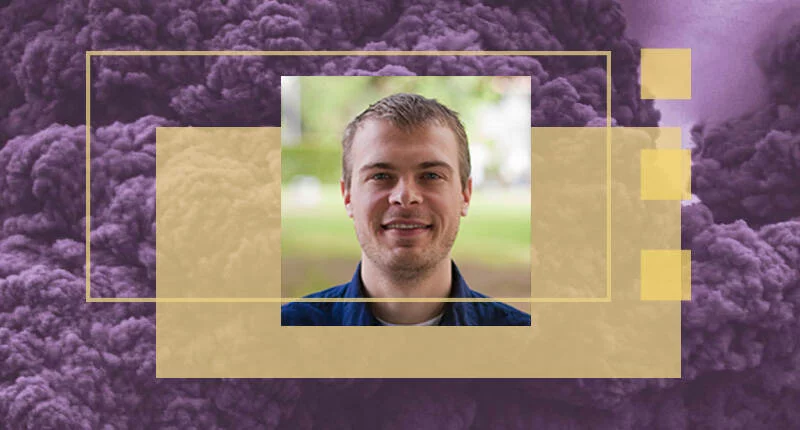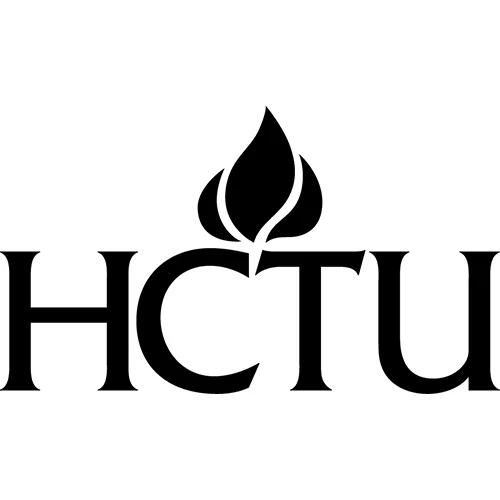Gavin Ortlund joins the Creation Project after recently earning a PhD in historical theology from Fuller Theological Seminary in Pasadena, CA.
His dissertation, which will soon be published by Brill, is titled “Ascending Toward the Beatific Vision: Heaven as the Climax of Anselm’s Proslogion” and focuses on St. Anselm’s doctrine of heaven in the Proslogion. As one might guess from the title of his work, Ortlund is interested in “theological retrieval,” which involves retrieving the theological perspectives of key thinkers in history.
Understanding Doctrines through their Eyes
Ortlund’s dissertation, scholarly articles, and online forum “Soliloqium,” all reveal his curiosity in learning about how different people think through theological matters, specifically matters related to the doctrines of creation and heaven. Although his primary research interests have focused on patristic and medieval thinkers Ortlund is interested in… retrieving the theological perspectives of key thinkers in history.such as Augustine, Anselm, Gregory, Boethius, and John of Damascus, he nonetheless is also interested in how modern theologians such as C. S. Lewis think about creation. That said, Ortlund is eager to begin his work in retrieving Augustine’s theology concerning creation and notes that “the doctrine of creation is my great area of current research and curiosity.”
Despite being acutely focused on his dissertation research over the last few years, as well as a six-year stint working on staff for a local church in the Pasadena area, Ortlund has managed to contribute scholarly articles to journals such as Modern Theology and International Journal of Systematic Theology. Concerning the topic of creation, Ortlund recently published an article titled “On the Fall of Angels and the Fallenness of Nature: An Evangelical Hypothesis Regarding Natural Evil,” which can be found in Evangelical Quarterly. In the article Ortlund argues that Genesis 3 is not an account of the origin of natural evil, instead it is “the extension of evil from one part of creation (fallen angels) to another (humanity).” Natural evil began, according to Ortlund’s hypothesis, at some point prior to the creation of humankind.
To “Soliloquize” about Creation
In addition to his scholarly publications, Ortlund “soliloquizes” on matters related to the doctrine of creation in his online forum. Of particular interest for readers engaged with the Creation Project are Ortlund’s “friendly reminders” to Doug Wilson and his reflections concerning Kevin Bauder’s critique of Tim Keller’s old-earth view of creation. Both Wilson and Bauder are committed to understanding creation from a biblical point-of-view, which for them involves a belief that the Bible teaches the universe can be no older than a few thousand years (contra to modern scientific estimates that suggest the universe is around 13.8 billion years old).
By way of response, Ortlund charitably reminds Wilson “that many of us old-earth people don’t believe in full-scale evolution, and are trying to read the Bible ‘literally.’” Ortlund believes one can easily ascribe to an old earth creationist view that is not dependent on macro-evolution. Problematically, some are under the impression that believing in an old earth creation naturally means also believing in evolution. Ortlund explains the “timing of humanity’s creation” should be delineated from the “mechanisms of humanity’s creation” in order to avoid “[b]luring together the ‘when’ and the ‘how’” of creation. This is not to say that Ortlund is opposed to scientific inquiry. To the contrary, Ortlund expresses his belief on the matter in his response to Bauder’s young earth position asserting “It is possible to be both pro-Scripture and pro-science,” acknowledging and admitting, “Science can indeed correct our theology, not because Scripture is fallible but because we are.”
Appealing to Augustine for Adam and the “Apple”
With the precision of a scholar and the care of a pastor, Ortlund seeks to make sense of the Bible in light of modern science so that the Church might continue to deepen its understanding of creation. With the precision of a scholar and the care of a pastor, Ortlund seeks to make sense of the Bible in light of modern science so that the Church might continue to deepen its understanding of creation.One of the ways to do this, according to Ortlund, is by examining the theological works of Augustine. Ortlund explains, his project focuses on “retrieving Augustine’s doctrine of creation and bringing it to bear on contemporary discussion of this doctrine in the church today, particularly questions pertaining to the ‘creation versus evolution’ debate.” Some of the subtopics his project will cover include Augustine’s “engagement with the natural sciences of his day” and his “hermeneutical flexibility involved in his interpretation of Genesis 1-3.”
Ortlund is particularly interested in exploring ways modern evangelicals could apply the principles of Augustine’s theological method as they seek to navigate both faith and modern science. Indeed, today evangelicals are grappling with scientific observations claiming that (1) the macro-evolutionary models appear to be accurate and (2) humankind evolved from a group of no less than 10,000 hominins, which challenges the idea that humanity descended solely from a pair of humans–Adam and Eve. Ortlund wants to preserve belief in a historical Adam and Eve despite the challenges being presented by genetic research. Moreover, he’s also interested in how Augustine’s principles might affect one’s “efforts to harmonize belief in a historical Adam with an affirmation of human evolution.”
Carl F. H. Henry Resident Fellows (2017 — 2018)
Marc Cortez, “Divine Presence”
Gavin Ortlund, “Retrieving Augustine’s Doctrine of Creation”
Stephen Williams, “Transhumanism, Robotics, and the Doctrine of Creation”
Daniel Houck, “Original Sin and Evolution: A Modern Thomist Account”
Nathan Chambers, “Created from Nothing: Creatio Ex Nihilo as a Framework for Reading Genesis 1”







Comments
Be the first one to make a comment!